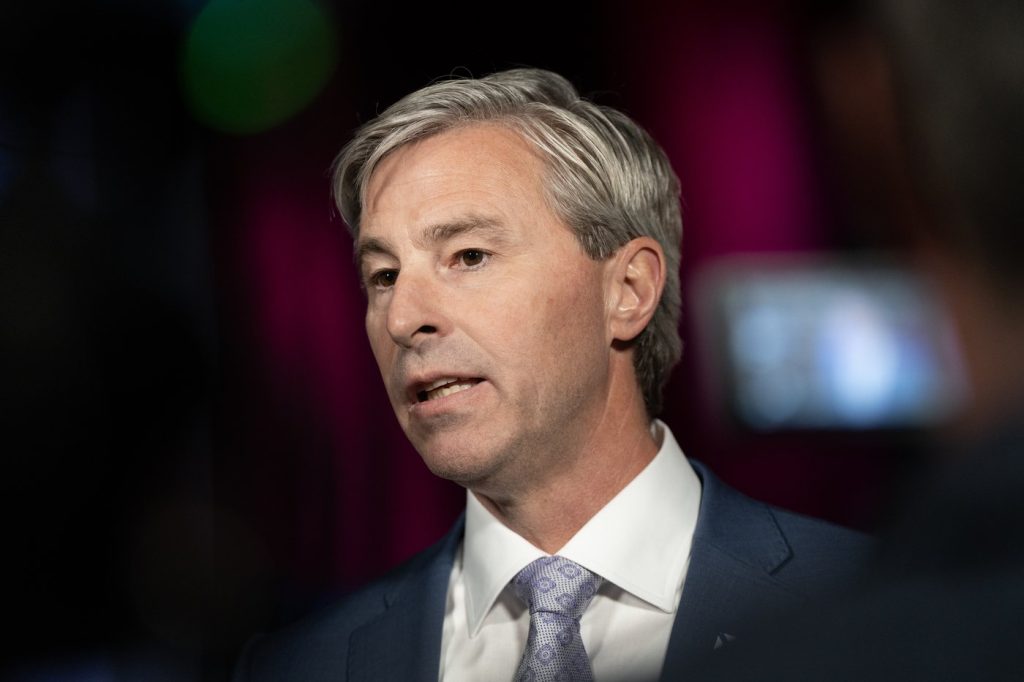PICTOU, N.S. A significant legal development has unfolded in Nova Scotia, where Tara Cohoon, a former volunteer treasurer for the Pictou East Progressive Conservative Association, has pleaded guilty to serious charges of fraud and forgery. This case has gained attention due to its connection to Premier Tim Houston's riding association, highlighting issues of financial trust and responsibility within political organizations.
Cohoon, 44, entered her guilty pleas in Pictou provincial court, opting for a resolution without a trial. The charges she faces include fraud over $5,000 and forgery, which stem from allegations that she misappropriated funds from the association’s accounts. The legal proceedings against her were initiated after Premier Houston reported the suspected theft to the police on October 23, 2024. This action set in motion an investigation that would ultimately reveal a substantial financial discrepancy.
According to the evidence reviewed in court, Cohoon engaged in a prolonged and systematic withdrawal of funds from the association's bank account over several years, specifically from January 1, 2016, to October 11, 2024. The agreed statement of facts, presented during the court session, indicated that approximately $60,000 was missing from the association's finances. This amount reflects a significant breach of trust, raising concerns about the financial oversight within political organizations.
Prior to her arrest in October, Cohoon had confessed to the theft to the chief financial officer of her company, who subsequently informed the premier’s office about the irregularities. This admission not only highlights Cohoon’s acknowledgment of her wrongdoing but also demonstrates the importance of transparency and accountability in financial management, especially in politically affiliated organizations.
As this case proceeds, a sentencing hearing has been scheduled for March 5, 2025. The outcome will likely have implications not only for Cohoon but also for the Pictou East Progressive Conservative Association, as they may need to implement stricter financial controls to prevent future incidents of similar nature. The unfolding of this case serves as a cautionary tale regarding the need for vigilance in the management of funds and the potential consequences of betrayal of public trust.
This incident underscores the ongoing need for robust oversight mechanisms in political finances and raises important questions about how associations can safeguard themselves against such breaches in the future.










